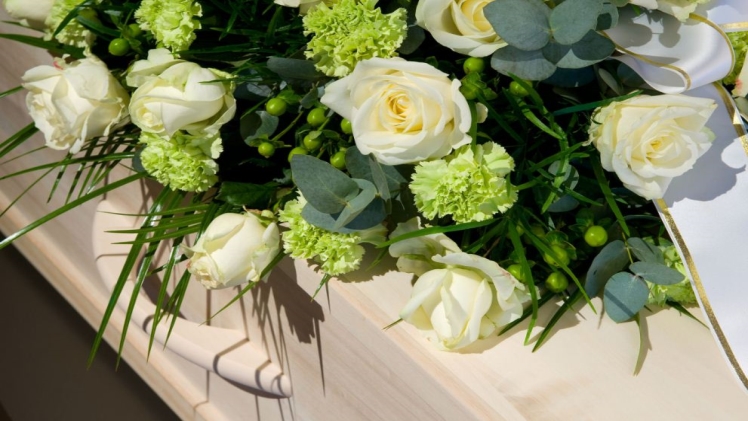When a member of one’s family or circle of friends passes away, it may be a trying and emotional period for those left behind. Personalizing the casket that will be used for the funeral service is one method to pay tribute to the deceased person’s life while also celebrating their legacy. This can serve as a meaningful and one-of-a-kind homage to the person who has passed away, representing aspects of their character such as their interests and passions. The following are some suggestions for how to personalize a casket for the funeral of a loved one.
Choose A Custom Casket Design
When selecting a casket, many funeral homes and caskets manufacturers offer custom designs that can be personalized to reflect the individuality of the deceased. Custom casket designs can incorporate themes, symbols, or colors that have special significance to the person’s life or personality. For example, a nature enthusiast may choose a casket adorned with a scenic landscape, while a musician may select a casket decorated with musical notes and instruments.
Add Personal Touches
Adding personal touches to the casket can be a meaningful way to honor a loved one’s memory. This can include photographs, framed quotes, or special items that were important to the person, such as a favorite book or hobby supplies. Many families also choose to have a custom head panel added to the casket, which can display a photograph, name, and birth and death dates of the deceased.
Choose Custom Upholstery
The interior of the casket can also be customized to reflect the personality and preferences of the deceased. Many caskets offer a range of upholstery options, from basic fabrics to custom designs. Choosing a personalized fabric can add a layer of meaning to the funeral service, and can be a comforting way for family members to remember their loved one.
Consider Personalized Embellishments
There are many ways to personalize a casket with unique and meaningful embellishments. For example, ribbons, flowers, and other decorations can be added to the casket to reflect the person’s favorite colors or the theme of the funeral service. Additionally, personalized engraving or carving can be added to the casket to include meaningful quotes, sayings, or names.
Work With A Funeral Director
Working with a funeral director can be a helpful way to ensure that the casket is personalized in a way that reflects the deceased’s personality and preferences. Funeral directors can offer guidance and support in selecting the right casket, adding personalized touches, and creating a meaningful tribute for the person who has passed away.
Consider Cultural Or Religious Customs
When personalizing a casket, it is important to consider any cultural or religious customs that may be significant to the family. For example, in some cultures, certain colors or symbols may hold particular significance, while in other traditions, certain materials or designs may be preferred. By incorporating cultural or religious customs into the design of the casket, family members can pay tribute to the person’s heritage and beliefs.
Emphasize Shared Memories
When personalizing a casket, it can be helpful to emphasize shared memories and experiences that were important to the person’s life. This can include displaying photographs or mementos of special moments, such as weddings, family vacations, or other events that hold particular significance. By focusing on these shared memories, family members can come together to celebrate the life of their loved ones and remember the good times they shared.
Conclusion
Personalizing a casket can be a beautiful and meaningful way to honor the life and memory of a loved one who has passed away. By incorporating personal touches, cultural customs, and shared memories, family members can create a unique and personalized tribute that reflects the individuality of the person who has passed away. By working with a funeral director and taking the time to consider the options available, families can find comfort in knowing that they have created a fitting and memorable tribute to their loved one

